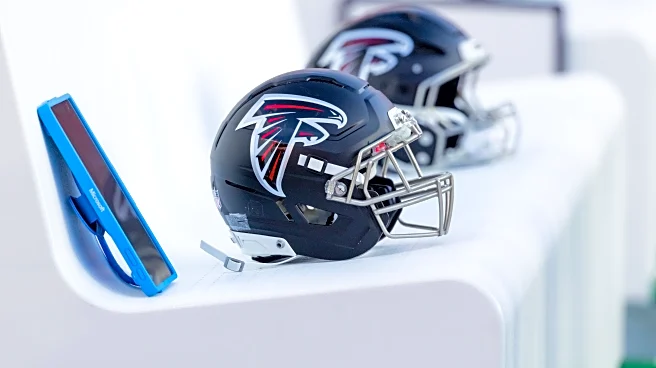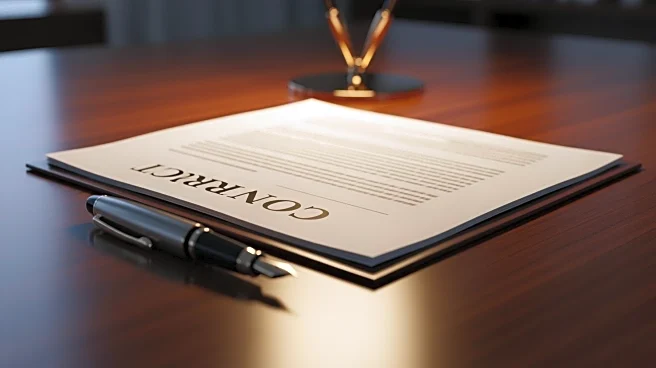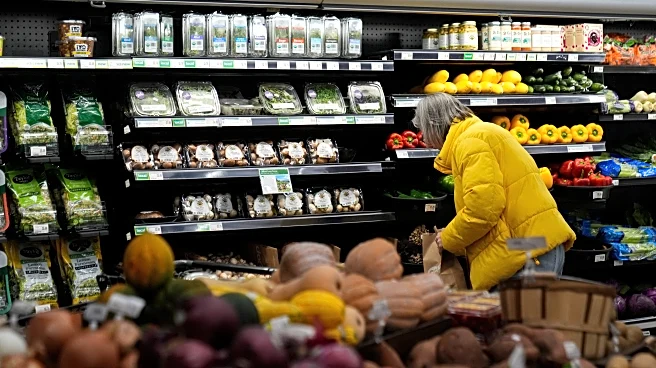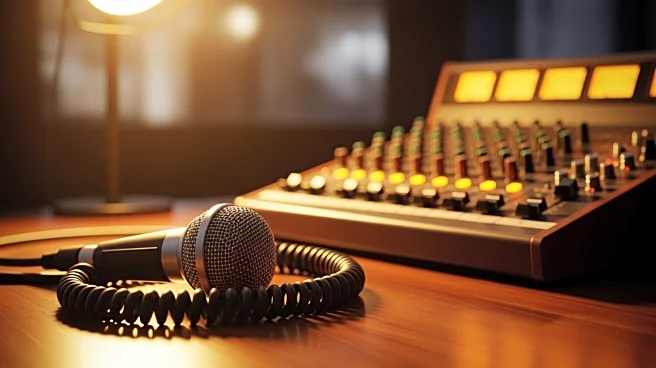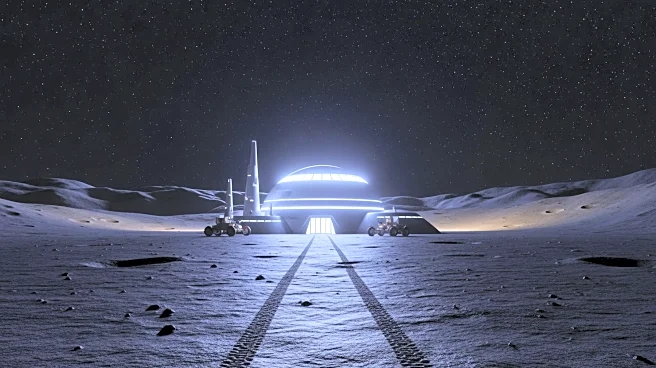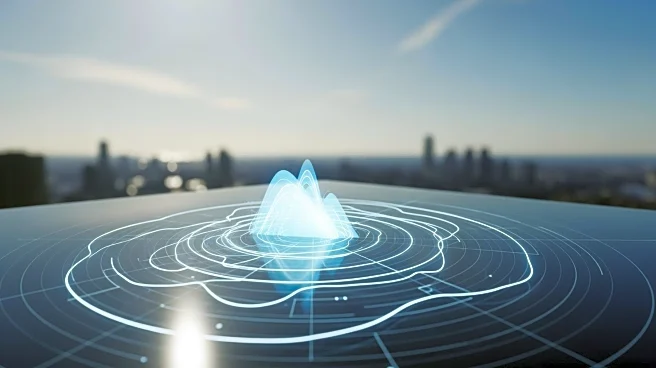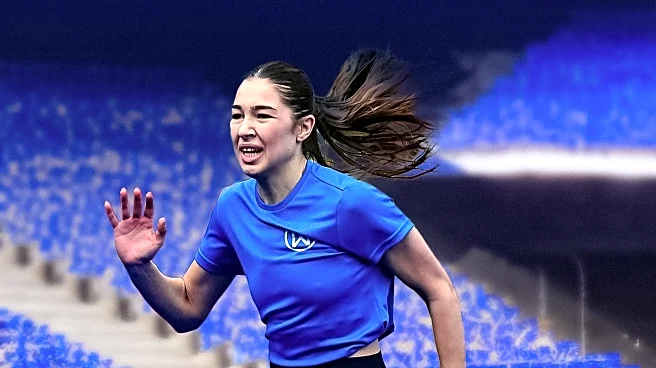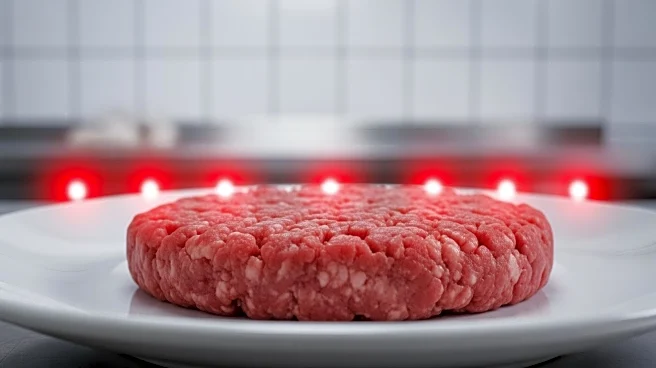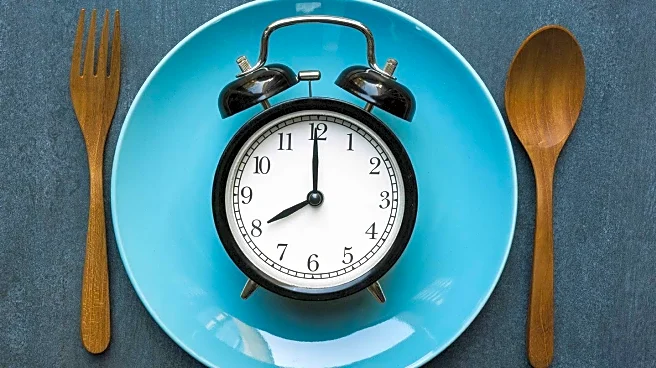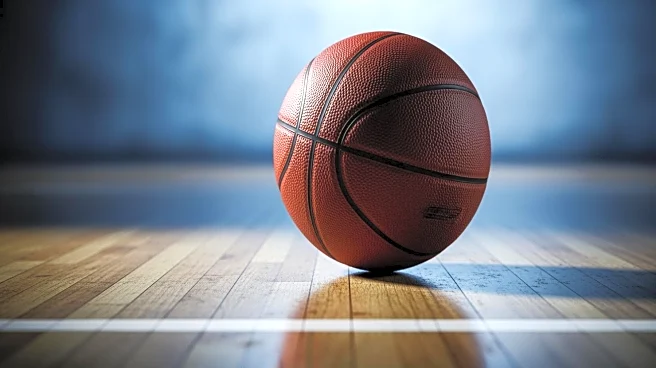The Atlanta Falcons want to win. This is not a team where the owner’s press conferences are more important than the product on the field, or a family operation where every penny must be carefully managed. Arthur Blank will spend, the team will pursue name free agents and swing big, dramatic trades, and coaching staffs will be juggled. The Atlanta Falcons want to win, but they don’t know how to win. They don’t know how to win because they never quite understand the moment they’re in.
What do I mean
by that? It’s been obvious for some time now that the Falcons always believe they are closer to contention than they actually are, which has repeatedly led them to make decisions they believe will provide them shortcuts to relevance and make leaps that are risky at best and catastrophic at worst. It began as a desire to get back to the Super Bowl team of 2016 and morphed into an intolerance for losing that has paradoxically ensured the team loses more. At every critical juncture, the Falcons have shown a willingness to discard a carefully laid plan for something they believe will put them over the top; paradoxically, they’ve also shown a willingness to stick with plans that have clearly hit their expiration date. It’s been a multi-year muddle that has me convinced that the Falcons have simply never understood at any point in the last years where they actually are in their team-building journey, what they need to do to take the next step, and who the right people to lead that journey actually are.
Put on your reading glasses as we journey from 2018 to the present to elaborate on what I mean.
2018
This is an example of the Falcons still believing their core was close, and perhaps the last time it was reasonable to do so on this list. Big deals for Matt Ryan, Julio Jones, Jake Matthews, and Ricardo Allen were prioritized over big money outside additions, with Brandon Fusco joining to shore up guard and Ron Parker to help out in the secondary, in addition to Justin Bethel to help on special teams and Logan Paulsen at tight end. The team drafted Calvin Ridley to upgrade their weaponry, Isaiah Oliver to start at cornerback, and got a pair of late round gems in Russell Gage (before injuries derailed his career) and Foye Oluokun.
The gamble here was that a team that was in the Super Bowl in 2016 and the Divisional Round in 2017 just needed some tweaks and an infusion of youth to keep the good times rolling; the problem was that in what would become a familiar refrain, the Falcons did not replace departing pieces and failed to think about contingencies elsewhere. Letting Dontari Poe, Adrian Clayborn, Courtney Upshaw, Taylor Gabriel, Andre Roberts, and Kemal Ishmael walk and only making a semi-serious effort to replace Poe and a real one to replace Gabriel with Ridley came back to bite them in a major way. The defense cratered after a reasonably strong 2017, Devonta Freeman got hurt and Tevin Coleman was pressed into full-time duty, and a strong year from Matt Ryan was utterly wasted.
The team had made some offensive strides unfortunately undone by the Freeman injury and red zone ineptitude, and the inevitable growing pains from young players and hollowed out depth along the defensive line explained some of the pullback on that side of the ball. It would have been reasonable to conclude the team just needed to bolster running back, re-tool the defensive front, and bring the band back, but that’s not what they did. Instead, they made the fateful decision to shitcan all three coordinators, parting ways with Steve Sarkisian, Marquand Manuel, and Keith Armstrong all at once. Dan Quinn decided to take over the defense, Dirk Koetter was incredibly hired again to run the offense, and Ben Kotwica came aboard to handle special teams.
This sent two deeply conflicting signals: That Dan Quinn was the right coach for this team and they weren’t going to engage in any kind of real teardown, but also the team was bad enough in all three phases that all three coordinators needed to be fired. That sort of incoherent message would come to be a feature of Falcons teams going forward.
2019: 7-9
The 2019 season saw Thomas Dimitroff do something unprecedented and also something precedented: He used two first round picks on the offensive line, and he traded up into the first round the same way he did in 2008. Those two picks turned into one of the league’s best guards in Chris Lindstrom and (eventually) a very good right tackle in Kaleb McGary, and that plus A.J. Terrell would prove to be the best things Dimitroff did in his final years with the franchise.
The rest of the 2019 offseason was once again defined by relatively constrained cap and a series of ill-fated decisions in free agency, a hallmark of Dimitroff’s tenure outside of a couple of big offseasons that included 2008 and 2016. The Falcons added James Carpenter and Jamon Brown at guard to beef things up, but both would be substandard players when they spent time in the starting lineup; Adrian Clayborn’s return was welcome but brief and Tyeler Davison would only turn in one quality season in 2019. The team also let Tevin Coleman walk and rolled on with Ito Smith, Brian Hill, and Qadree Ollison behind Devonta Freeman, who you’ll remember had gotten injured in 2018.
Predictably, the Falcons made zero progress. Quinn was forced to hand over the defensive keys to Raheem Morris and Jeff Ulbrich partway through a season where Atlanta lost six straight at one point, the offense pulled back slightly but meaningfully under Koetter, and Freeman missed a couple of games and looked like a shell of the once-dynamic back he was, averaging just 3.6 yards per carry behind an offensive line that struggled mightily early and often. They finished 7-9 for the second straight season.
I wrote after the team dropped to 1-6 against the Rams that the team should fire Dan Quinn right then and there; the team was poorly coached, obviously thin, and was chasing a ghost of past glory with limited dollars and no clue how to get back there. Instead, the Falcons reeled off enough wins in the second half to go 7-9, and Arthur Blank made the fateful decision to keep Thomas Dimitroff and Dan Quinn around for 2020.
As I wrote at the time, this was a big bet on continuity, but I was not sure what the Falcons were so hellbent on continuing. After all, this was a team that had been sliding steadily since 2016, and would have to navigate some tricky cap shenanigans with a lame duck head coach and front office, the sort of dangerous combination that might encourage the Falcons to sink more money into trying to win in the moment instead of taking a clear-eyed look at their future. That’s exactly what happened.
2020: 4-12
Predictably, the Falcons chased winning and selling tickets in 2020, signing nearly-cooked, once-elite back Todd Gurley, edge rusher Dante Fowler Jr., talented but oft-injured corner Darqueze Dennard, and inexplicably trading a second round pick for Hayden Hurst. Gone were Wes Schweitzer, Adrian Clayborn, Jack Crawford, Vic Beasley, De’Vondre Campbell, Desmond Trufant, Devonta Freeman, and Matt Bosher, with a measly six draft picks turning up one great player in A.J. Terrell and a few short-term, limited contributors including Matt Hennessy and Mykal Walker.
With an aging, top-heavy roster that was being presided over by a desperate head coach who had seemingly run out of answers, the 2020 season got off to a predictable start. Atlanta went 0-5, Dimitroff and Quinn were summarily fired as the first in-season cannings in Arthur Blank’s tenure as owner, and Raheem Morris took over as the interim head coach. They would win four of their next six games and lose their last five, four of them by a single score, before a blowout loss to Tampa Bay ended whatever slim chances Morris had to hang on as the head coach. The result was a 4-12 team with no head coach, no general manager, a bunch of expensive and aging pieces intermingled with young talent of some note, and a decisive rebuke to Arthur Blank and Rich McKay’s decision to cling to the ghost of a Super Bowl past far too long.
Immediately after the team fired Quinn, I wrote this:
In the years to come, as the Falcons first retool and then perhaps rebuild with an eye on becoming a great team, they’ll need to look back on the Quinn era and remember that they can’t prize one-off flashes of strength and their comfort level with coaches and players more than they prize the chance to become and stay one of the NFL’s truly elite squads.
That lesson was not learned, as we all know.
2021: 7-10
Whoever took over this team had to understand that it was not going to be an instant turnaround. The Falcons set their sights on a pool of head coaches that included Arthur Smith, Joe Brady, Eric Bieniemy, and Brian Daboll and seemed likely to prioritize an offensive-minded head coach for the first time since Bobby Petrino, and their general manager search included Brad Holmes, Terry Fontenot, and Rick Smith. The question at head coach was one of experience and fit, while at GM it concerned whether the Falcons would go for experience (Smith), pro personnel backgrounds (Fontenot), or draft backgrounds (Holmes).
We know what they did, of course. Arthur Smith and Terry Fontenot signed off to preside over a slow-burn rebuild they were loathe to call a rebuild, one that would feature a big pool of draft picks, very limited free agent dollars at first, and big decisions looming with franchise icons like Matt Ryan and Julio Jones. Brad Holmes was off to Detroit with hand-picked hire Dan Campbell—it’s anyone’s guess whether he would have picked Smith instead if the Falcons hadn’t kept him in Atlanta ahead of a scheduled Detroit interview—and it seems abundantly clear with hindsight that the Falcons made the wrong GM choice, whatever you may think of Fontenot. Perhaps Holmes would have fallen victim to the poor decision-making in Atlanta just as Fontenot has; that’s a door we can’t open.
Regardless, 2021 saw Fontenot show off his ability to dumpster dive for quality free agent additions, including the brilliant signing of Cordarrelle Patterson and useful pickups in the form of Duron Harmon, Erik Harris, and Lee Smith. It also showcased his penchant (likely aided by Smith) for splashy skill position draft picks in the top ten, as the Falcons ignored Penei Sewell, Patrick Surtain III, Micah Parsons, and Rashawn Slater and even top receivers Ja’Marr Chase and Jaylen Waddle in favor of Kyle Pitts. With Julio Jones shipped off over the summer and looming trouble with Calvin Ridley that we just didn’t know about yet, the dream of Julio, Ridley, and Pitts dominating as a trio never took flight. Pitts did have a terrific rookie season with Matt Ryan throwing him the ball, however.
The elephant in the room for that draft class has always been the 49ers’ ill-fated decision to take Trey Lance third overall. The Falcons reportedly coveted Lance as a developmental option behind Ryan, with the potential to park him for anywhere from 1-3 seasons while learning from the greatest quarterback in franchise history, and had things unfolded that way much of what has transpired over the past few seasons would have come to pass very differently. That would have given the Falcons a clear succession plan from their aging legend at quarterback to a young player, but of course, Lance hasn’t had much of a career regardless.
The actual season was an upgrade from 2020, featuring some very ugly losses from a very limited roster, plus the Ridley situation. The team finished 7-10 but was set to head into 2022 with another top ten pick, a little more spending money, and a seemingly brighter future. Things were looking up, and it appeared the Falcons had a course to stick to if they could just find a developmental quarterback and shore up the defense.
2022: 7-10
In the past, I had criticized Arthur Blank for his warring impulsivity and passivity, which led to decisions like keeping a head coach and general manager around while also seemingly pushing to bring in players past their prime, like Matt Bryant 2.0 and Todd Gurley. The 2022 offseason would prove to be a low water mark for Blank’s tenure as owner, as that impulsivity caused him (and whoever else was strongly on board with it, we’ll never fully know) to try to throw away the team’s best-laid plans.
We’ve talked about the Watson pursuit so many times I won’t re-hash the entire saga here, but suffice to say what looked like a “let’s find Matt Ryan’s successor” offseason in January turned into “let’s give up the farm to trade for an accused sex pest who hasn’t played in forever” shortly thereafter. The Falcons lost the sweepstakes to Cleveland, saving them from making one of the worst trades in NFL history, and then were basically forced to move on from Ryan in the aftermath. That left them with no starting quarterback and a need to change everything about their approach on the fly, which in turn fueled a quarterback crisis the team has still not emerged from.
They signed Marcus Mariota and drafted Desmond Ridder to fill that void, and the rest of the offseason was predicated on upgrading the roster to try and push for more wins with Mariota while Ridder developed. The team once again did good things with their limited dollars and signed KhaDarel Hodge, Lorenzo Carter, Elijah Wilkinson, Casey Hayward, and Bradley Pinion while drafting Drake London, Arnold Ebiketie, Troy Andersen, Tyler Allgeier, DeAngelo Malone, and Ridder in a class that looks far better in hindsight than their 2021 haul, even if Ridder’s gone and Andersen’s injuries have kept him from being a consistent contributor. The result was a more watchable team with Allgeier proving to be a stellar pick, but still a season where too much went wrong defensively and at the quarterback position for Atlanta to finish better than…7-10 again. The Falcons were entering a pivotal third year under Smith and Fontenot.
At the end of the season, despite some drama with a benched Mariota, the Falcons seemingly had a quarterback to compete for a job over the long haul, a slightly upgraded roster, and plenty of money despite the Watson fiasco. The time was ripe to make splashes and try to get this thing over the hump in year three; the days of rebuilding were over.
2023: 7-10
The question was one of approach. Would the Falcons try to spread the wealth across the roster to upgrade positions of weakness across a top-heavy group, or would they try to add standouts at a handful of positions to augment strengths? We now know it was a mix as the team signed Jessie Bates, added Jonnu Smith, and drafted Bijan Robinson while stocking the roster with options to address weaknesses like David Onyemata, Kaden Elliss, Mike Hughes, Jeff Okudah, Bud Dupree, and Calais Campbell.
What they did not do, fatefully, was add genuine competition for Ridder, settling for Taylor Heinicke instead. A loaded free agent quarterback class (some of this is hindsight, of course) featuring Baker Mayfield, Sam Darnold, Derek Carr, Jacoby Brissett, Daniel Jones, and Geno Smith offered the Falcons plenty of chances to put some of their big free agent dollars toward a player who could either start ahead of Ridder or meaningfully challenge him. That’s not even mentioning the possibility of trading for Kyler Murray, Ryan Tannehill, or Lamar Jackson, the latter being an opportunity the Falcons politely and publicly turned down. While I was among those who believed Ridder could be solid and just needed to be solid for this team to succeed in 2023, the lack of a push for competition was puzzling in real-time and proved fatal in the end, even though most of Atlanta’s additions to the defense in particular turned out to be stellar.
Ridder had his moments early on but turned the ball over constantly, leading to him being benched for Taylor Heinicke, who was nothing special himself. Ridder took over again, got benched at the end of the year, and the Falcons went 7-10 with some truly embarrassing losses late in the year despite their huge investments, leading to Arthur Smith’s firing. The decision to pursue Watson and trade Ryan did not have to lead to the Falcons having no better options in a do-or-die year than Ridder and Heinicke, but partly due to Smith’s philosophy and partly due to those 2022 errors, they threw a young quarterback into the fire and ruined whatever potential he might have had.
This was the team not understanding itself on two fronts. They thought spending big would buy their way to contention, something that could have happened had they not gone so cheap and passive at the most important position on the field. They would flip the script on that a year later.
2024: 8-9
Now in 2024, the Falcons had not definitively committed to Terry Fontenot remaining general manager and had to hire yet another new head coach. That kicked off a bizarre saga where Arthur Blank was hot to trot for Bill Belichick before cooling significantly—maybe Michael Lombardi, general manager, didn’t grab him—as the team’s brass pivoted to Raheem Morris. That meant Fontenot remained the GM, Morris was the new/old head coach, and the team had to sort out their quarterback situation quickly with expectations that they could contend.
Along the way, we got a glimpse of the structural problems that have plagued the Falcons. Blank’s desire to Do Something Big led him to a very publicized pursuit of Bill Belichick, enamored with the idea of getting the greatest coach in NFL history to Atlanta. When others got involved in the search and the candidate pool expanded, Atlanta cooled on Belichick and that prompted significant blowback, and then they turned back to a familiar face with Morris. It’s not an exaggeration to say the Falcons were signing up for a bit of Dan Quinn 2.0, given that Morris was A) a good friend of Quinn’s who had spent a half decade in Atlanta on that coaching staff, B) a defense-first, CEO-type coach who would not be calling plays, and C) a guy known for his rapport with players and culture work first and foremost.
The Falcons took two big swings at the quarterback position in service of a plan that didn’t work out, a misreading of their roster for the second straight season, just in a different direction. . The first was signing Kirk Cousins to what was essentially a 2/3 year megadeal, one that assumed he would recover from his Achilles injury to be the same reliable quarterback he often was for Washington and Minnesota all those years. The second was drafting Michael Penix Jr. with a top ten pick with the assumption that in two years, he’d have ironed out his accuracy issues to some extent and would be ready to take over from Cousins, with the team making playoff pushes along the way and having their long-term answer already in-house. While Cousins shook off a slow start to turn in a few quality starts in a row en route to a good record, he quickly cratered (post-injury, per Kirk Cousins) and ended up turning the ball over in gobs, much the same way Ridder had the year before. Penix took over with three games left in the season and has had the job since.
The team also made several impactful additions on offense that would have been even more lauded had the Falcons not collapsed and slipped out of the playoff race; those included Darnell Mooney, Charlie Woerner, and Ray-Ray McCloud. Their defensive additions were mostly draft picks they weren’t counting on right away and veterans Matthew Judon and Justin Simmons; neither veteran worked out and Morris’s defensive coordinator, Jimmy Lake, had a rough time and was fired after the 2024 season. The passivity on defense in the face of the major additions on offense is noteworthy; the Falcons ended up counting on a nucleus a previous coaching staff had helped assemble and young players barely made an impact.
For the second straight season, a roster that was perceived to have fixed its major issues and possess enough talent to contend put forth a losing season, in large part because of a collapse at the quarterback position.
2025: ???
The lesson the Falcons learned from 2024? They needed a more experienced defensive coordinator and to bolster their pass rush, two boxes they checked extremely effectively (hey, credit where it’s due). The perception from this team, once again, was that there were a couple of major items to fix and everything else was close. After all, hadn’t they only dropped out of the playoff race because Younghoe Koo missed some kicks and Kirk Cousins cratered?
That set up a third straight season where the Falcons believed a splurge could put them over the top, despite coming off a seventh straight losing season. That splurge featured the canny addition of Divine Deablo and bringing on Leonard Floyd, plus some money set on fire for Morgan Fox and Jordan Fuller (Fuller’s still on the team, but hasn’t really played yet). It also featured the team trading their 2026 first round pick to the Rams after snagging Jalon Walker for the picks that turned into James Pearce Jr. and Xavier Watts, the missing pieces for a young defense that was set to heavily feature mothballed 2024 picks.
This time around, the Falcons had playmakers on both sides of the ball, a young franchise quarterback they believed in, and a settled coaching staff. The belief, again, was that everything would come together.
The season is not over yet, so there is still technically time to pull off the franchise’s first winning season since 2017. But as was the case in 2019, 2020, and 2023, the team’s lack of imagination and bedrock belief in contention being just around the corner has bit them in the ass. They couldn’t imagine Younghoe Koo would be shaky again, and that has led to them rostering three kickers this year and losing at least two games on late missed kicks. They didn’t stop to ask what might happen if the team’s strong but overachieving wide receivers corps pulled back or suffered injuries, and that has led to chaos after Darnell Mooney was hurt and Ray-Ray McCloud let go, to say nothing of the weird Ike Hilliard firing saga. They built a defense that could stop the pass but had question marks against the run and just sort of shrugged and assumed it would work out, as best as I can tell, with a practice squad pillaging of Sam Roberts looking like their one big (and to be fair, quality!) move to help out up front. And it does appear from the outside that nobody stopped to ask what would happen if Penix, the future of the franchise, were to struggle and what contingency plans might help him if he did; if those conversations did happen, the Falcons’ plans to resolve those struggles are not working.
The Falcons are now 3-6, tracking toward an eighth consecutive losing season, and have spoken and talked like they were a playoff team for…all but 2021 and 2022? It seems so.
While there hasn’t been just one problem that has defined the past eight seasons, I do think the Falcons’ inability to understand who they are and where they’re going ranks high on the list. I’ve written this year about the team’s incoherence and inability to overcome adversity and attrition, and in the past about Blank’s maddening swings between letting coaches and executives stick around too long and seemingly pushing his staff toward signings and trades that make little sense for the franchise in the moment. All of those issues have been persistent throughout a drought that’s on the cusp of entering its eighth season, but they all go back to an identity problem.
The Falcons are not who they think they are, and they haven’t been in years. In the minds of Arthur Blank, Rich McKay, Thomas Dimitroff, and Dan Quinn, the years from 2018-2020 featured a Falcons team with the nucleus of Super Bowl greatness that just needed staff adjustments and a few big additions to return to relevance. From 2021-2025, the attitude has been that the team just needed a handful of pieces to return to contention—a franchise quarterback here, a big-time playmaker there, a plus defender over here—and it was okay to press the fast forward button on what otherwise might have been a slow-burning rebuild. That led them to try to trade for Watson, to rush Desmond Ridder and Michael Penix Jr. into the lineup because other options weren’t working out, and to continually pour resources toward the offense in particular with maddeningly inconsistent returns. Impatience and an overabundance of patience have intermingled, but at no point in the past eight seasons have the Falcons been able to be truly honest with themselves about where they are and where they need to go, and at no point have they had the right people in place to pull themselves out of a rut that’s nearing a decade.
As a direct result, the Falcons have cycled through things that don’t work. Their identity has changed and morphed, and their perceived proximity to excellence has with it, fueled at times by fan and outside NFL media perceptions that have lauded them for big moves and bravery, undercut at others by sharp criticism and bafflement with some of their largest splashes. All along, the Falcons have been close enough to a winning record if this had gone right or that hadn’t gone wrong to keep the accelerator pressed down, the engine roaring while a franchise in neutral keeps its eyes on a road it seems destined not to travel.
